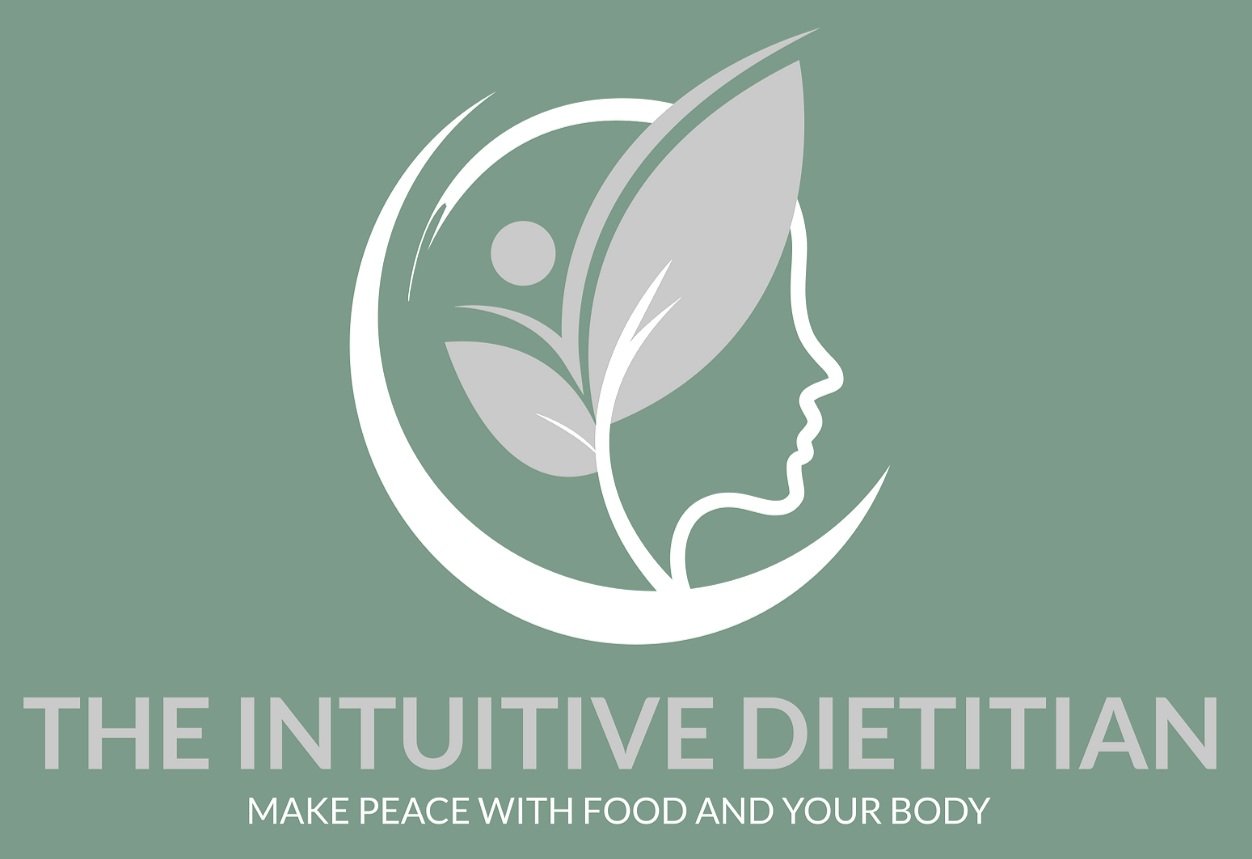Embrace Your Body’s Wisdom
Intuitive Eating is a well-researched framework of principles for a holistic approach to our eating and relationship with food. Like everything else, we over simplify this process and it gets watered down to “Eat when you are hungry, Stop when you are full.” How are other practices influencing your patterns of eating? The connection is fascinating.
Does yoga feel like the perfect time for you to mentally make a grocery list?
When you go to a stretching class or work on breathing do you leave with your day’s “to do” list figured out in your head?
Do you steer away from meditation, does it just feel boring?
why add in mindful practices?
We know that adding in these mindful practices have been shown to:
· Improve anxiety
· Improve sleep
· Improve blood sugar
· Help decrease blood pressure
· Enhance self-awareness
· Promote emotional health
These practices Have so many benefits, are easily accessible and can be done anywhere.
“It’s not about being good at something. It’s about being good to yourself.
”
How does body work tie into how we eat?
I find in practice, my clients struggling the most on the mat to relax or find the mindful practices tough have the most difficult time hearing their hunger and fullness cues.
· Do you notice you are hungry with a twinge of hunger or do you hit the hangry stage before you hear that cue?
· Do you eat by the clock, lunch is at noon regardless of how you physically feel?
· Do you wake up and not feel any hunger?
· Do you eat a meal and complete the serving or plate, regardless of how you physically feel?
· Do you lean towards pre-portioned meals or foods as your safeguard?
It’s an intriguing connection between your relationship to food and your body awareness. We refer to this as body attunement. Body attunement is closely tied to intuitive eating, which involves listening to your body's natural cues for hunger, fullness, and food preferences. When you practice body attunement, you become more in tune with your body's unique signals, making it easier to nourish yourself in a way that feels satisfying and nourishing. Body attunement fosters a deep sense of self-trust and intuition. By regularly tuning in and honoring your body's messages, you develop a stronger sense of self-awareness and confidence in your ability to make choices that serve your well-being.
Body Attunement
How connected are you with what you need physically and emotionally?
What can throw this off? Are there obstacles that interfere with your ability to hear what your body needs? In nutrition therapy we call this a broken hunger meter.
Attunement disrupters:
· Years of dieting- ingrained habits of ignoring body cues
· Stress!
· Rules around eating force you to ignore physical cues
· Disordered eating or an active eating disorder
· Distracted eating (Phone scrolling or tv watching)
· Performative eating (socially matching what others eat rather than listening to your own needs)
Starting off a client towards Intuitive Eating, I give them a loose framework of eating. I use this to help work on hearing their hunger and fullness cues. When clients are able to work on the food aspect alongside their mind-body connection they will see growth in both areas. Instead of focusing solely on external indicators like weight, body attunement prioritizes internal cues and overall health. By honoring your body's needs and practicing intuitive eating, you can establish a healthier and more sustainable relationship with food and maintain a weight that is natural and balanced for your unique body.
Calming your mind and listening to your body has a direct benefit in becoming an intuitive eater.
Bottom Line
It isn’t what happens on the mat each day that makes an impact but how this practice changes your behavior. You will still have periods where your mind wanders, the benefit is still there. Finding a better connection with your body will help you hear and better respond to your hunger and fullness cues.
Ready to find that connection?
There are opportunities online and in your community. The community of others around you in a class is rewarding but the convenience of everything online is a great option.
Yoga by Adriene is the founder of Find What Feels Good. She puts out a monthly calendar with links to yoga you can enjoy at home. Try it as a daily challenge or as an option for when you need the convenience of an online class.
Dr. Weil demonstrates the 4-7-8 breathing technique in this video. You breathe in through your nose for 4, hold for 7 and breathe out through your mouth for 8.
I had the opportunity to meet Katie Overcash, LCSW. Katie works as a clinician, neurofeedback practitioner and also provides restorative yoga classes. Her website offers some great instruction on this practice.
Ready to add in Nutrition Therapy? Book a free discovery call with me.

